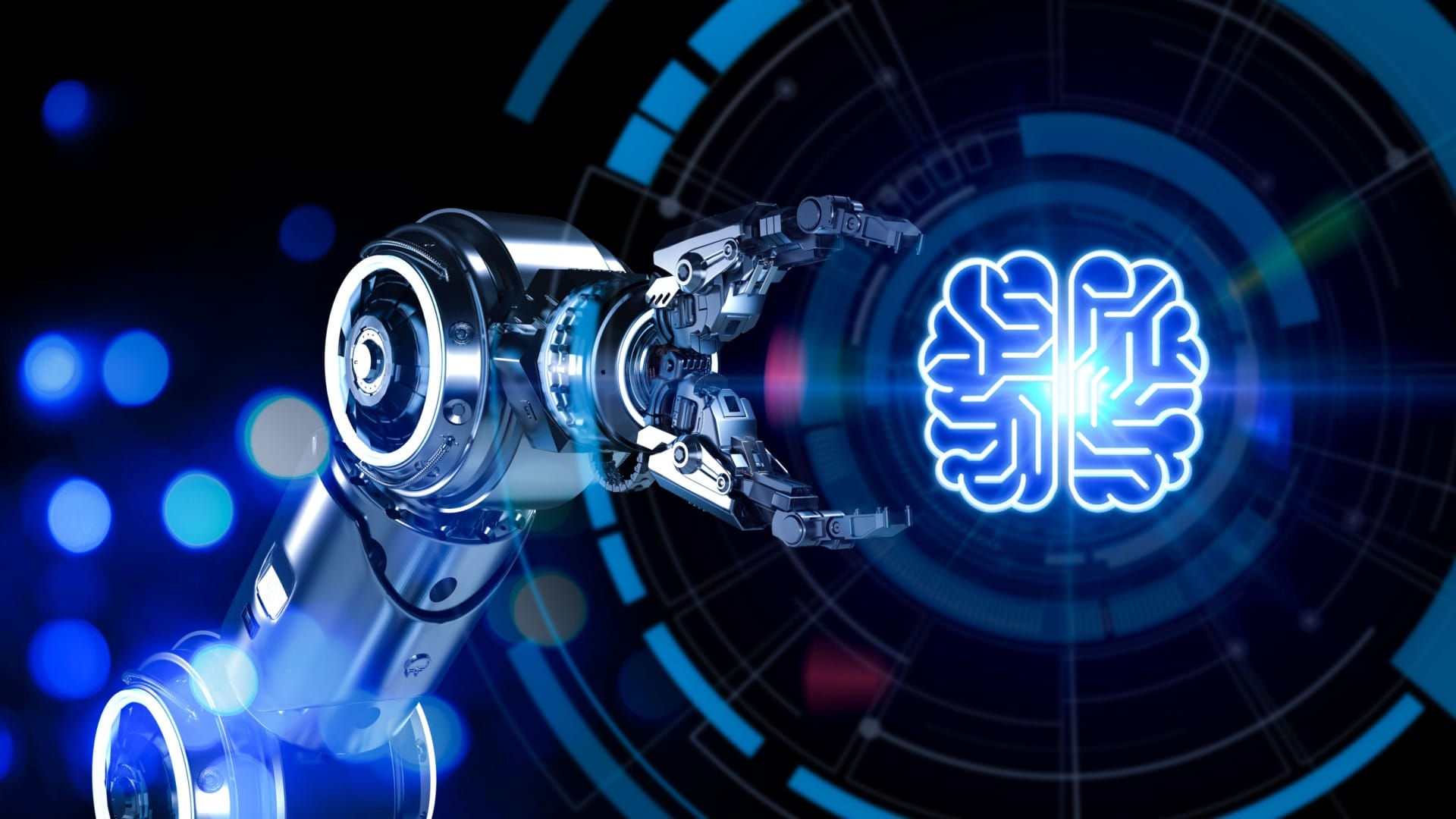Intel unveils Hala Point, a brain-inspired computing marvel
Discover how Intel's new Hala Point system mimics the human brain to revolutionise computing efficiency and speed.

In an exciting development in the tech world, Intel has introduced its latest neuromorphic system, Hala Point, which mimics the human brain’s structure to achieve faster and more efficient data processing. This breakthrough could potentially revolutionise how machines handle complex computations by emulating the way our grey matter works.
Neuromorphic computing, which seeks to replicate the human brain’s unique capabilities, is rapidly gaining traction among researchers and tech companies alike. Intel’s new system, Hala Point, represents a significant advancement in this field, boasting 1.15 billion artificial neurons. This is a substantial increase from the 50 million neurons found in its predecessor, Pohoiki Springs, which was introduced four years ago.
Despite its compact size—comparable to that of a microwave—Hala Point is ten times faster, 15 times denser, and contains a million circuits on a single chip, a stark contrast to the 128,000 circuits of Pohoiki Springs. The name of Intel’s systems, interestingly, reflects locations in Hawaii, adding a thematic touch to their technological innovations.
Harnessing the power of neuromorphic computing
The Hala Point system is equipped with 1,152 Loihi 2 research processors, named after a Hawaiian volcano, Loihi. This system has been handed over to Sandia National Laboratories in New Mexico, where researchers are poised to push the boundaries of what neuromorphic computing can achieve.
“Our colleagues at Sandia have consistently applied our Loihi hardware in ways we never imagined, and we look forward to their research with Hala Point leading to breakthroughs in the scale, speed, and efficiency of many impactful computing problems,” stated Mike Davies, director of the Neuromorphic Computing Lab at Intel Labs.
As this scale of neuromorphic systems is unprecedented, Sandia has been tasked with developing special algorithms to fully leverage the computer’s capabilities. The potential for significant advancements in processing, responding to, and learning from real-life data is immense, according to Sandia’s lead researcher, Craig Vineyard.
Brad Aimone, a fellow researcher at Sandia, explains that the primary distinction between traditional computing and brain-like computing lies in how computations are conducted. In neuromorphic systems, calculations are performed across many neurons simultaneously, rather than sequentially. This parallel processing allows for more complex calculations, much like in natural brains, where even the smallest mammal brains contain tens of millions of neurons.
“Our brains house around 80 billion neurons, and we see the benefits of this in today’s AI algorithms, where bigger is definitely better,” Aimone added.
This innovative leap by Intel not only highlights the rapid advancements in neuromorphic technology but also sets the stage for future developments that could transform the landscape of computing forever.
















